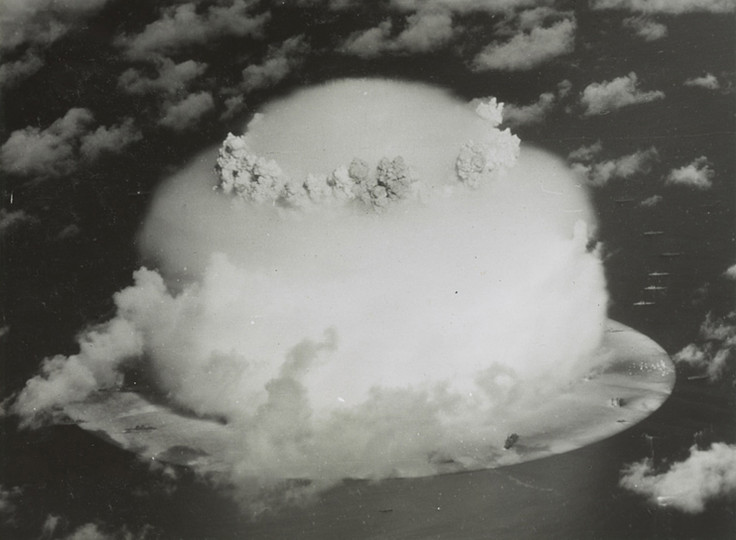World powers to remain absent from UN meet on nuclear weapons ban
The countries which are leading talks include Ireland, Brazil, Mexico, Austria, Sweden and South Africa.
The United Nations will kick off a five-day summit in New York on Monday (27 March), which is aimed at banning nuclear weapons, even as some world powers will skip the forum.
In October, over 120 countries announced that they would launch talks to negotiate a nuclear ban treaty that is legally binding. However, countries such as US, Britain, France, Russia and Israel voted against it, while China, India and Pakistan abstained from the meet.
Japan – the only country to have suffered in the atomic bombings of 1945 – also voted against the negotiations and said lack of consensus may undermine efforts of nuclear disarmament.
The countries which are leading talks include Ireland, Brazil, Mexico, Austria, Sweden and South Africa. They have collectively said that the threat of a nuclear disaster is increasing due to North Korea's nuclear programme and an unpredictable government in Washington.
Swedish Foreign Minister Margot Wallstrom had previously said, "I expect that this [nuclear disarmament] will take a long time, let's not be naive.
"But it's very important in these days when you see more of this rhetoric, and also sort of power demonstrations, including threatening to use nuclear weapons."
According to Beatrice Fihn, director of the International Campaign to Abolish Nuclear Weapons, not much progress has been made on nuclear disarmament in recent years despite the commitments made by nuclear powers to work towards working on it under the Non-Proliferation Treaty (NPT).
The Obama administration encouraged its Nato allies in October to vote against the talks and said that a ban would hinder cooperation to respond to nuclear threats.

© Copyright IBTimes 2025. All rights reserved.





















